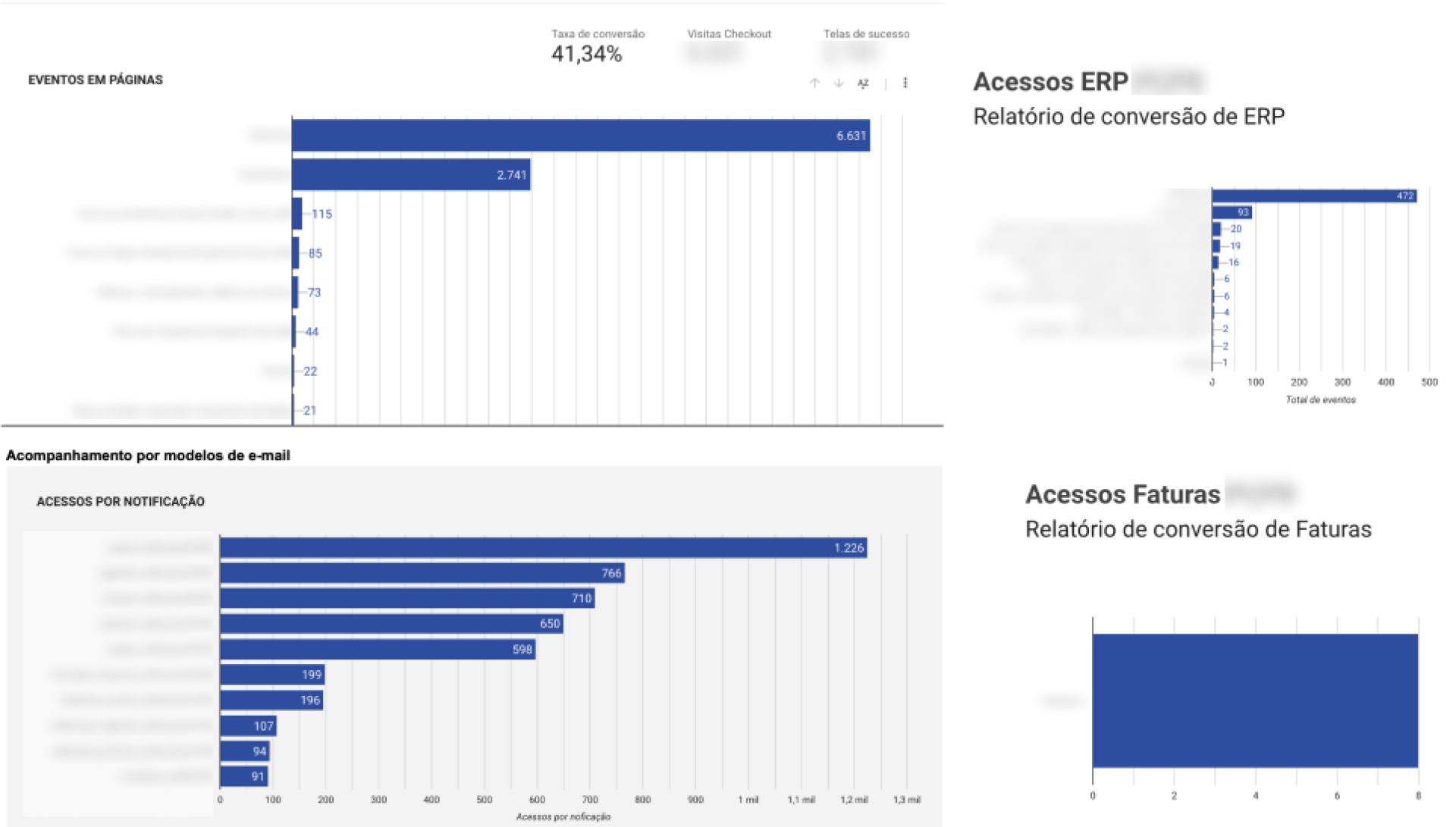To understand why residents weren't enrolling in Superlógica's valuable insurance program, we conducted a three-phase analysis: interviews with internal teams, operational data review, and qualitative resident feedback.
Phase 1: Internal Insights
Commercial Team Interviews
We discovered that residents often believed they were automatically enrolled, leading to confusion and missed activations. Additionally, the team identified resident hesitation due to uncertainties around the activation process.
Phase 2: Operational Feedback
In this phase, we collected some data such as follow-up calls made after the meetings, in order to understand the behavior of the resident in relation to insurance. Some factors were identified in our analysis:
• Follow-up Calls: Analyzing follow-up calls after meetings revealed resident difficulty answering calls, hindering reach.
• Resident Behavior: We found that the free nature of the insurance initially raised suspicion, especially for residents who missed condominium meetings.
• Cross-Selling Success: Interestingly, complementary insurance offers for residents were well-received, suggesting the value proposition resonated when presented differently.
Phase 3: Resident Perspectives
Qualitative Interviews with Administrators:
Condominium administrators confirmed the low meeting attendance, contributing to low enrollment. They also expressed a need for improved communication, not only with residents but also with themselves regarding resident data and email campaigns. Additionally, they lacked training or support to guide residents through insurance activation.




